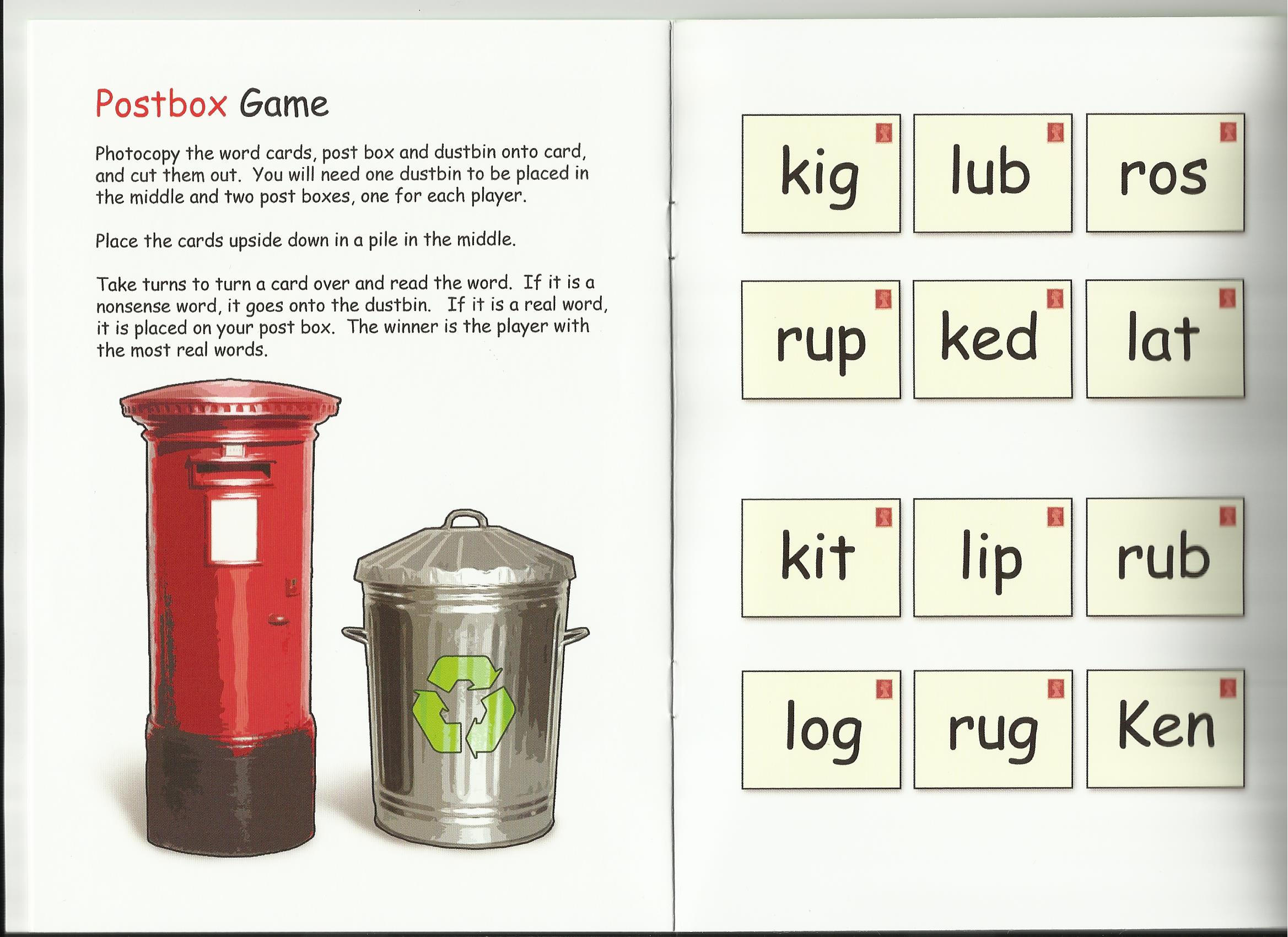Recent results of the Year 1 Phonics Check show that schools in deprived communities can do as well as, if not better than, schools in leafy suburbs. Take St George’s, a school in Wandsworth, which reported 100% success in the Y1 Phonics Check this year. This school is situated in a challenging catchment area. What is the winning formula?
St George’s uses the Sound-Write Reading and Spelling programme. The following are the ingredients for success.
Whole-school training
The head teacher, Jan Hilary, has the whole staff on board. Teachers and TAs all attended the complete training in the phonics programme. This means not only that is there consistency throughout the school, as the child progresses from class to class, but also that every time a child experiences phonics teaching – during whole-class sessions, group work or 1:1 support – staff can support them using the same methods, language, forms of assessment and paths of progression. Simple and effective!
A clear focus on reading concepts, skills and knowledge
The Sound-Write programme presents the teachers and TAs with a clear understanding of how the English Phonic Code works, and what underlying concepts, skills and knowledge children need to master in order to succeed. The knowledge is introduced in a step-by-step logical order, preparing the pupils thoroughly for every new level of learning. Most importantly, integral to every lesson are exercises that practise the underlying skills: blending, segmenting and phoneme manipulation (which involves reading non-words).
Sufficient practice and consolidation
Children are allowed sufficient practice at each level before they progress. This is often lacking in classrooms, if the pace of teaching is too fast and children are left behind. By the time children reach the end of Year 1, decoding is the strategy used for tackling new words and non-words.
Use of synthetic phonics across the curriculum
The skills and knowledge of learning to read and spell are applied to all areas of the curriculum and not isolated in phonics lessons. The same principles apply to reading and spelling in all subjects. Consistency helps children to apply what they have learnt when reading and spelling in any part of the curriculum.
Decodable books
The school is using Dandelion Books to support the children as they develop their decoding skills. This allows the children to practise and rehearse decoding in a text, while using the graphemes they have been taught. Decodable texts build confidence as children can read independently, using reliable, successful strategies from the beginning.

Every book contains a reading game, which consolidates the knowledge and skills taught. From Unit 4 onwards, a non-word ‘Postbox Game’ is included. This means that, when the children encounter non-words in the Year 1 Phonics Check, they are not alarmed by sounding out words that have no meaning. This skill is particularly useful in decoding multisyllabic words, as often syllables have no meaning until they are blended into a word.

